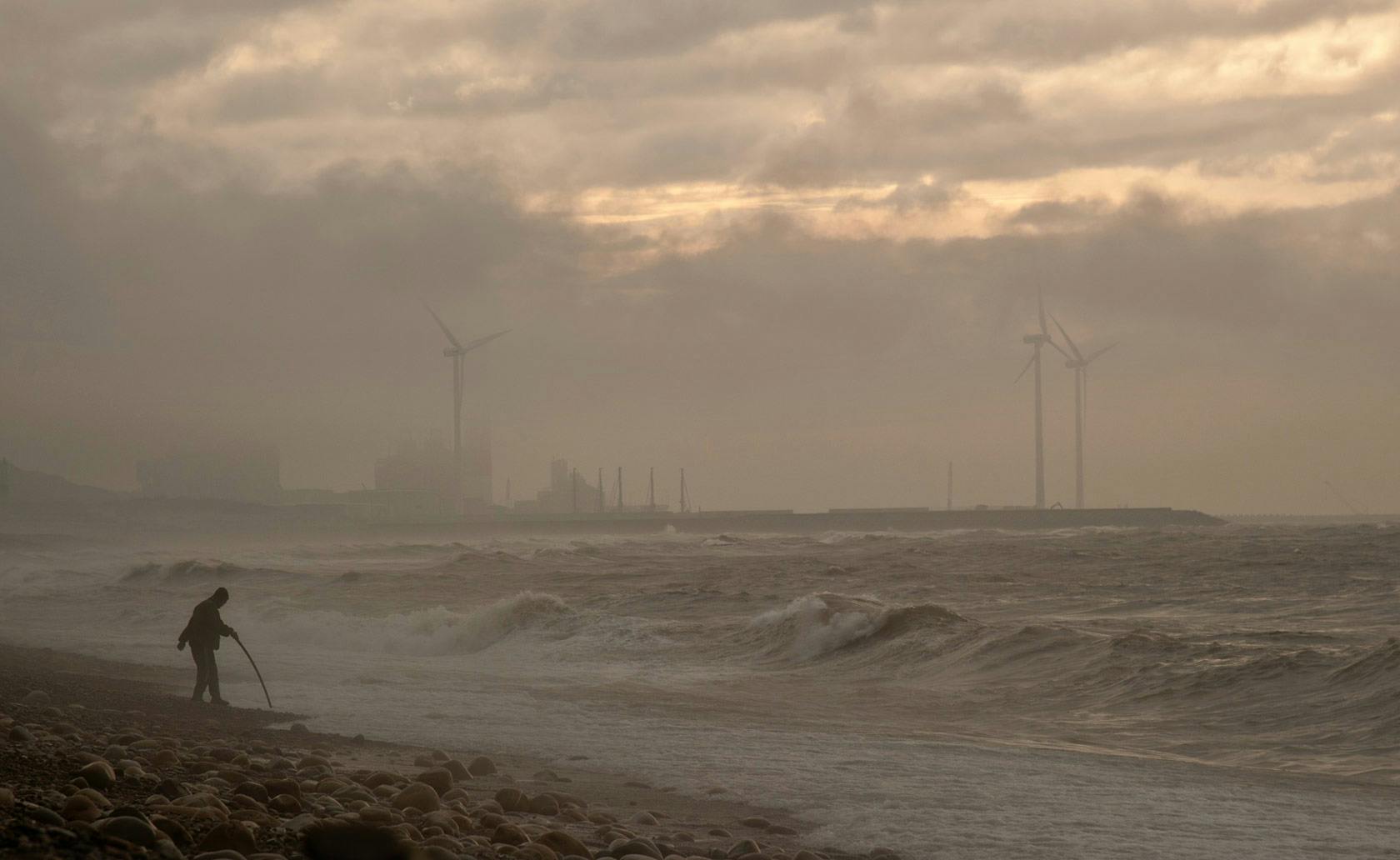0 minute read
Eco-Anxiety
How do we deal with a sense of impending doom and feelings of powerlessness as the climate crisis unfolds? Author Nina Karnikowski shares her experience of Eco-Anxiety.
Published: March 2022
Origin: Australia
Nine months ago I walked into my doctor’s office and, my voice and hands shaking with emotion, told him I needed a referral to a psychologist.
When he asked why, I described my lack of focus, my looping thoughts about imminent planetary collapse, and my inability to make important life decisions – including whether or not to have a baby, and if I should change careers – because of their environmental impacts.
The sense of impending doom I felt was triggered almost daily when I read the news, I told him, full of reports about wildfires, floods, and species extinctions.

But it started on a travel assignment to the Arctic in 2019, when I saw first-hand the effects our consumptive habits were having on the polar bears, and only worsened with the catastrophic 2020 bushfires and the pandemic.
My doctor looked at me with sympathy in his eyes and said, “More and more patients are coming to me with this sort of eco-anxiety.”
Eco-anxiety. Now that I had a term for my feelings and knew I wasn’t the only one experiencing them, I immediately felt less… crazy, and also less alone.
As I soon discovered, nearly six in 10 young people (aged 16 to 25) are extremely worried about climate change, according to a large study conducted by the University of Bath in 2021.
And this worry is only exacerbated by the cognitive dissonance we experience between our feelings of devastation, and our powerlessness at being able to effectively act on such a huge global issue.
The good news, though, is that the sadness, emptiness and overwhelm caused by eco-anxiety can spur us to take action, and to strengthen our relationship with the earth.
As Megan Kennedy-Woodard and Patrick Kennedy-Williams write in their new book Turn the Tide on Climate Anxiety, “Accepting the realities of the climate crisis goes hand in hand with accepting the strong emotions it generates. How we learn to manage these emotions and evoke them to strengthen our wellbeing can also positively impact the planet.”
I’ve certainly found this to be the case. Since that visit to my doctor, I found a great therapist who helped me to turn towards my emotions and use them to try to create a better world, and to discover ways of balancing care for the planet with care for the self. Here are five of them.
Turn anxiety into action
Start by reviewing your carbon footprint and making small and large changes to lower it, from not eating meat one more day a week, or cutting down your electricity use at home; to committing to not flying or shopping for a year, or divesting from banks or super funds that invest in coal, oil or gas.
You can also join protests or spread the message about what you’re doing to help build a cleaner, greener world. By taking action and advocating for sustainability, you’ll feel more positive, purposeful and driven.
Feel despair, and hope
It’s important to accept your anxiety and let it run its course, while simultaneously holding a hopeful vision of the future.
As Christiana Figueres and Tom Rivett-Carnac write in The Future We Choose; Surviving the Climate Crisis, “There is a power to consciously bearing witness to all that is unfolding without turning away, and counterintuitively, you may actually feel better about the situation when you deeply accept the reality of it.
And beyond this, we also then need to look to the future and set our sights on what we can still create.”
Find your tribe
Talking to others who are experiencing eco-anxiety, and those who are taking steps to make the world a better place, will help you feel more connected and motivated.
Whether these connections are in-person or online, they cater to our deep human need to unite with others.
Ease your mind
Staying informed is crucial, but so is getting mental space from the bad news and carving out time for self-care.
Try setting a limit on the amount of news you consume each day (five or 10 minutes is really all you need), and developing a meditation or yoga or journaling practice.
Whatever will help you switch off, find some peace, and get to know your own mind. Because thoughts become actions, and these actions create our future.
Nina Karnikowski
Author
Share